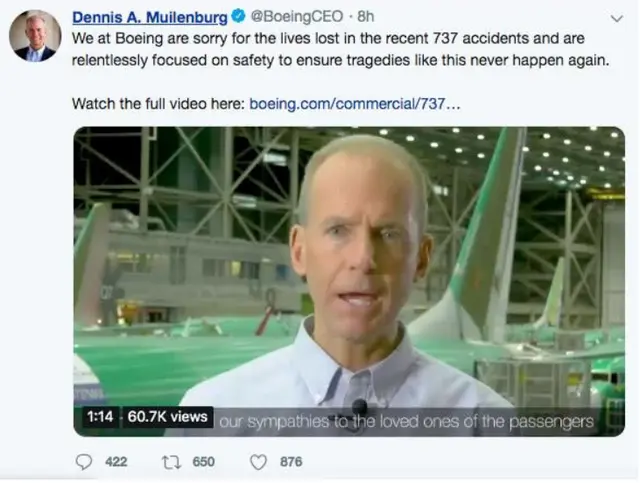By APD Writer Lu Jiafei
Donald Trump’s seven-month-old presidency has so far been fraught with problems of his own making. Among all the mistakes he made, his blunders on the Democratic People’s Republic of Korea (DPRK) nuclear issue are the most egregious ones.
To begin with, since he won the presidential election last November, Trump has blatantly showed a shocking paucity of seriousness when it came to nuclear weapons policy.
The last time the United States announced its nuclear weapons policy in 2010, the Obama administration spent a whole year of deliberation to produce a 64-page report.
Trump, however, appeared to announce his policy in only 140 characters on Twitter last December, claiming in dangerously vague language that “the United States must greatly strengthen and expand its nuclear capability until such time as the world comes to its senses regarding nukes.”
He then suggested that he was willing to engage in “an arms race” and asserted that the United States will “outmatch” other countries “at every pass and outlast them all.”
After his senseless ranting, his press secretary Sean Spicer clarified his remarks by saying that there was not going to be an arms race “because he (Trump) is going to ensure that other countries get the message that he’s not going to sit back and allow that.
Besides the frivolity about calamity of nuclear conflicts, Trump’s continuous engagement in a dangerous game of nuclear brinkmanship with the world’s most unpredictable and uncontrollable country is even more alarming.
What’s worse, with his own Cabinet members constantly contradicting his braggadocio and threats flung towards the DPRK, it now becomes clear that Trump’s participation in the surreal nuclear threat war with the DPRK is not part of a “good cop, bad cop” tactic many observers would like to believe.
Rather, it is bitter reaction from a short-tempered and bellicose president, whom, according to his wife Melania Trump, could not stand that somebody attacks and will “punch back ten times harder.”
While Trump is engrossed in taking the role of the Threatener-in-Chief, his uncontrolled angry outburst has already started to take a heavy toll on his credibility and what may have meant as deterrence now becomes hollow ramblings.
Thirdly, instead of consolidating international efforts to tackle the DPRK nuclear issue, Trump chooses to publicly embarrass, pressure and clash with valuable partners by tweeting, raising concerns of rift between Trump and others at a time when harmony among allied and partnered countries is crucial to address the DPRK nuclear issue.
The first sign of rift between the United States and South Korea appeared last week when Trump told advisers that he wanted to withdraw from a five-year-old bilateral trade agreement with South Korea.
All people from the U.S. side involved in the discussion reportedly opposed the move, according to the Wall Street Journal.
Then, after the DPRK conducted its sixth and so far most powerful nuclear test on Sunday, Trump accused South Korea of “appeasement” of the DPRK on Twitter.
“South Korea is finding, as I have told them, that their talk of appeasement with North Korea will not work, they only understand one thing!” Trump tweeted.
The highly unusual criticism of a top U.S. ally in the region soon raised questions about whether the United States and South Korea, the very country on the front line in solving the DPRK nuclear issue, have coordinated their strategies on the issue.
At a time of rising tensions on the Korean Peninsula, all the parties must focus on how to deescalate and lower the tensions.
To solve the DPRK nuclear conundrum, diplomacy rather than military approach is the only way out. Trump must wean himself off the mistakes he keeps on making because the alternative could lead to catastrophe.
Lu Jiafei, fellow of APD Institute. After spending one year in Palestine covering the Israeli-Palestinian conflict between 2013 and 2014, Lu moved to Washington, D.C. and covered the 2016 U.S. presidential election till the very end of Donald Trump’s upset victory. He is a political contributor to APD.
(ASIA PACIFIC DAILY)
 简体中文
简体中文





